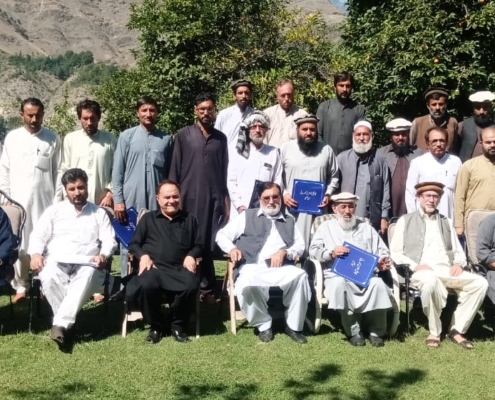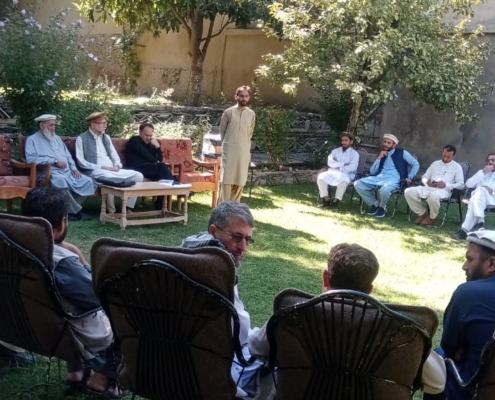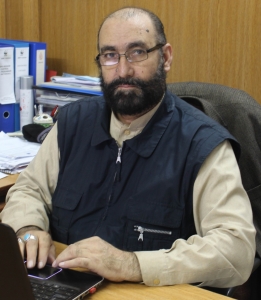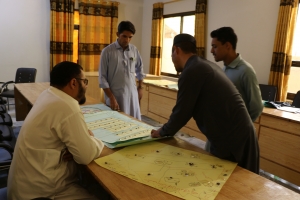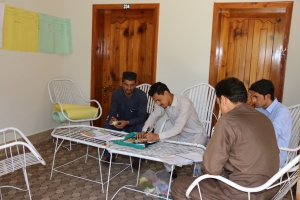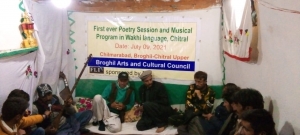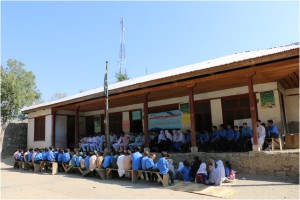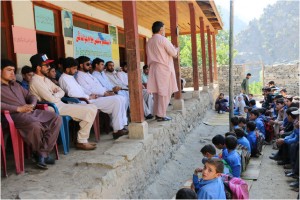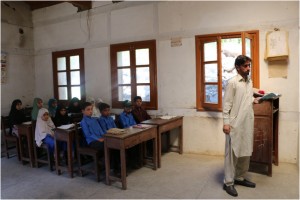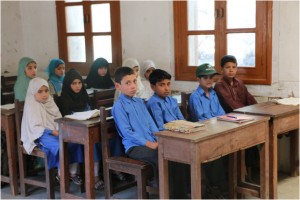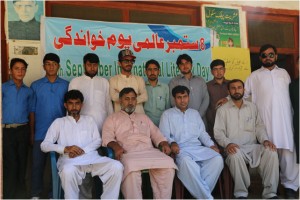We are thrilled to announce that Gawarbati, spoken in the southern Chitral Valley, has undergone a comprehensive documentation process, preserving its linguistic and cultural aspects. This achievement was made possible through a project initiated in 2020 by Dr. Henrik Liljegren, a renowned Swedish linguist.
The project’s success is a testament to the joint efforts of Stockholm University, the Forum for Language Initiatives (FLI), and the Gawarbati language community. The project, titled the Gawarbati Language Documentation and Digitalization Project, was financed by the Swedish Research Council and implemented by Stockholm University in collaboration with FLI. The project aimed to document the Gawarbati language by creating a corpus of 24 hours of recordings, annotations, and translations from various aspects of life. Additionally, it aimed to digitalize the existing handwritten dictionary.
To celebrate this milestone, a gathering was held in Kalkatak village, south Chitral, with esteemed guests including Dr. Henrik, FLI Executive Director Fakhruddin Akhunzada, and community leaders Haji Sultan, Mullah Adina Shah, and Abdul Majid Khan.
During the closing ceremony, the newly printed Gawarbati language cultural calendar was launched. Community leaders and speakers expressed their gratitude to Dr. Henrik and FLI for scientifically documenting their language. Dr. Henrik congratulated the Gawarbati community on achieving the project objectives, while Fakhruddin pledged continued support for language strengthening initiatives.
This achievement not only celebrates the Gawarbati language but also promotes linguistic diversity in the region.

